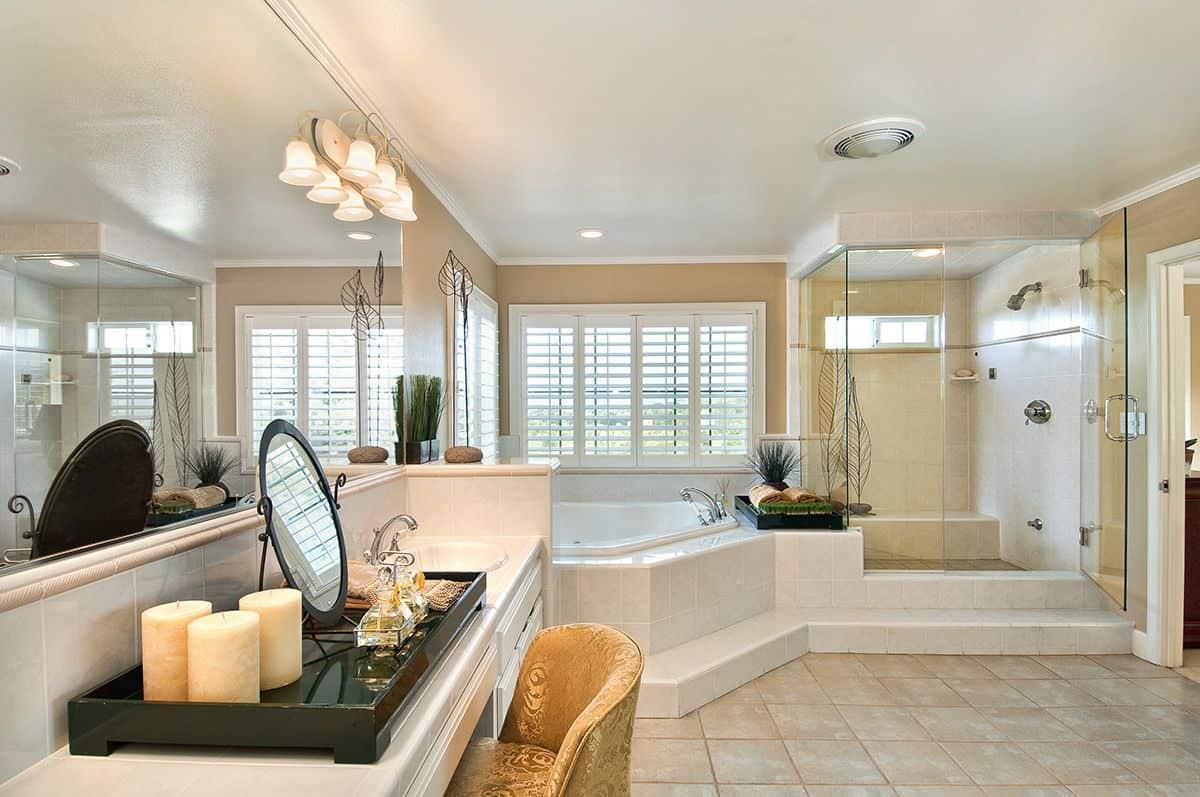The Indian corporate landscape is undergoing a radical transformation. Driven by technological adoption, the rise of hybrid work models, and a focus on employee well-being, businesses are rethinking their physical workspaces. The rigid, cubicle-dominated offices of the past are giving way to dynamic, flexible environments that foster collaboration and adapt to changing needs.
At the forefront of this revolution is modular office furniture in India. This isn’t just a trend; it’s a strategic approach to designing workspaces that are as agile as the businesses they serve. This guide explores everything you need to know about modular furniture in the Indian market.
What is Modular Office Furniture?
Modular office furniture consists of pre-designed components and units that can be easily assembled, disassembled, rearranged, and reconfigured. Think of it as a system of building blocks—desks, partitions, storage units, and connectivity panels—that interlock and work together to create a customized layout. Unlike traditional fixed furniture, modular systems are designed for change.
Why is Modular Furniture the Smart Choice for Modern Indian Businesses?
1. Unmatched Flexibility and Scalability
- Grow with Ease: Whether you’re a scaling startup in Bangalore or an established firm in Mumbai adding new team members, modular furniture can be easily expanded. You can add new workstations without a complete overhaul.
- Reconfigure in Hours, Not Days: Need to create a new project team layout? Moving to a new office? Modular components can be quickly rearranged by in-house staff, minimizing downtime and disruption.
2. Optimal Space Utilization
- Maximize Every Square Foot: With commercial real estate costs being a significant factor in Indian metros like Delhi-NCR, Mumbai, and Bengaluru, efficient use of space is crucial. Modular designs, especially benching systems, eliminate wasted space and can accommodate more people comfortably in a smaller area.
- Adapt to Any Floor Plan: These systems are ideal for oddly shaped rooms or open-plan spaces, allowing you to design a layout that perfectly fits your office’s unique footprint.
3. Cost-Effectiveness in the Long Run
- While the initial investment might be comparable to traditional furniture, modular furniture saves significant money over time. You avoid the cost of entirely new furniture sets for every office change, expansion, or reorganization. It’s a sustainable and financially sound investment.
4. Enhanced Collaboration and Communication
- Modular layouts naturally break down physical barriers. Open-plan benching systems and easily reconfigurable meeting pods encourage spontaneous interaction, idea sharing, and teamwork, which is vital for innovation.
5. Built-in Technology Integration
- Modern modular furniture is designed for the digital age. It comes with integrated cable management systems, power outlets, data ports, and support for monitors, keeping the workspace tidy and technologically efficient.
6. Sustainability
- The reusability and longevity of modular systems reduce waste. By reconfiguring instead of replacing, companies contribute to a greener planet—a value increasingly important to Indian businesses and employees.
Popular Types of Modular Furniture in India
- Modular Workstations/Desks: The most common element. Includes straight, L-shaped, and benching desks that can be linked together in various configurations.
- Modular Partitions and Panels: Used to create acoustic privacy, define spaces, and provide display areas without building permanent walls.
- Modular Storage Units: Mobile pedestals, cupboards, and overhead bins that can be moved and rearranged as needed.
- Collaborative Furniture: Modular sofas, lounge seats, and tables that can be quickly set up in breakout areas for informal meetings.
- Conference and Meeting Solutions: Modular tables that can be expanded, folded, or joined to create larger meeting surfaces.
Key Trends in the Indian Market
- Activity-Based Working (ABW): Furniture is no longer assigned. Instead, offices have a variety of modular settings (focus pods, collaboration zones, quiet areas) that employees choose from based on their task.
- Hybrid Work Support: Offices are becoming collaboration hubs. Modular furniture creates flexible spaces that can be easily adapted for team meetings on days when employees are in the office.
- Ergonomics Integration: Indian manufacturers are increasingly combining modularity with ergonomic features like adjustable heights and sit-stand capabilities.
- Biophilic Design: Incorporating natural materials, colors, and plants into modular designs to improve well-being and reduce stress.
Choosing the Right Modular Furniture Partner in India
When selecting a supplier, consider:
- Quality of Materials: Ensure they use high-pressure laminates (HPL), robust metal frames, and reliable mechanisms for durability.
- Customization Options: Can they offer custom sizes, colors, and finishes to match your brand identity?
- End-to-End Service: Do they provide space planning, installation, and after-sales support?
- Local Manufacturing: Partners with manufacturing units in India (e.g., in major hubs like Delhi NCR, Mumbai, Bengaluru, or Hyderabad) can offer better prices and faster turnaround times.
Ready to Build a Future-Proof Workspace?
The shift to modular furniture is more than an interior design choice; it’s a strategic business decision that promotes agility, collaboration, and growth.
At Office furniture Manufacturer, we specialize in designing and delivering high-quality, affordable modular office furniture solutions across India. We help businesses from Chennai to Kolkata, and from Pune to Gurgaon, create dynamic workspaces that empower their teams.




